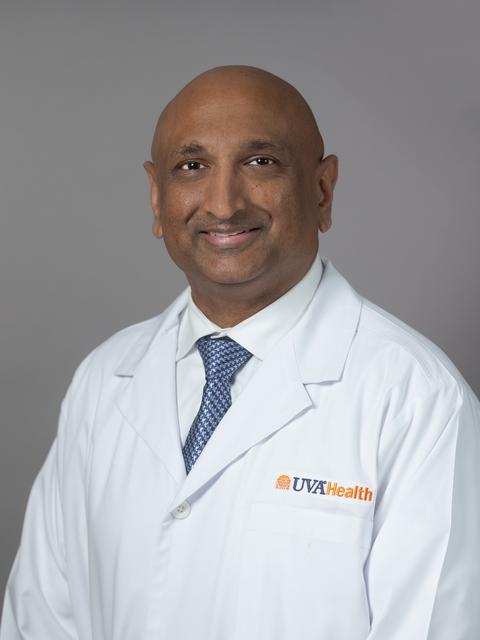
Rajan A Patel, MD
Interventional Cardiology
Additional Locations
Bio & Overview
As an interventional cardiologist, Rajan Patel, MD, specializes in treating people with complex coronary artery disease, including those who were turned down for bypass surgery or had unsuccessful bypass surgery.
His expertise includes percutaneous coronary intervention (PCI), mechanical circulatory support, and peripheral vascular disease treatment.
His research interests include treatments for angina, coronary syndromes, and ischemic cardiomyopathy, along with mechanical circulatory support and myocardial unloading for cardiogenic shock.
He is the director of the cardiac catheterization labs, section head of interventional cardiology, and lead for the complex coronary therapies program.
Patel earned his medical degree from Stanford University. He completed his internal medicine residency at Yale University and fellowships in cardiovascular medicine, advanced cardiac imaging, and interventional cardiology at the University of Virginia. He also completed a fellowship in endovascular and peripheral vascular interventions at Ochsner Medical Center.
Organizational Involvement/Memberships
-
American College of Cardiology
- American College of Physicians
- American Heart Association
- Society of Cardiovascular Angiography and Intervention
- Stanford University Medical Alumni Association
Academic Information
- Department
- Medicine
- Academic Role
- Professor
- Division
- Cardiovascular Medicine
- Gender
- Male
- Languages
- English
- Age Groups Seen
- Adults (21-65)
Older Adults (65+)
- Primary Education
- Stanford University School of Medicine
- Residency
- Yale-New Haven Hospital
- Fellowships
- Ochsner Medical Center - Main Campus, University of Virginia Medical Center
- Certification
- American Board of Internal Medicine (Interventional Cardiology), American Board of Internal Medicine (Cardiovascular Disease), American Board of Internal Medicine (Internal Medicine)
Reviews
78 Patient Satisfaction Ratings
Our patient satisfaction ratings are an average of all the survey responses to the below questions a provider got within the past 2 years. To protect your privacy, patients aren't identified.
See more about our patient satisfaction surveys .